Tillerson’s sacking shows US determined to leave Iran nuclear deal: Araqchi
An Iranian deputy foreign minister says the sacking of US Secretary of State Rex Tillerson shows Washington is set on pulling out of the 2015 Iran nuclear agreement, officially known as the Joint Comprehensive Plan of Action (JCPOA).
"Americans are determined to leave the JCPOA, and changes at the country’s State Department were made in line with this goal, or at least it was one of the reasons," ISNA quoted Abbas Araqchi as saying during a meeting at the Iranian parliament’s Committee on National Security and Foreign Policy on Wednesday.
The senior Iranian official, who was a member of the negotiating team in talks over Tehran’s nuclear program, said that Europeans were trying to keep the US in the JCPOA but it remained to be seen whether their efforts would bear results.
“Europeans are walking on the razor’s edge because if they incline towards [US President Donald] Trump, they will lose Iran,” Araqchi added.
He warned that Iran would leave the JCPOA too should the US decide to do so.
Trump on Tuesday fired Tillerson after a series of public rifts over policy. Tillerson’s departure had long been anticipated due to the clashes.
The US president said he and Tillerson had disagreed on many topics, but he specifically singled out their dispute on whether or not to stay in the Iran nuclear deal.
"When you look at the Iran deal; I thought it was terrible. He thought it was OK," Trump said. "I wanted to either break it or do something, he felt a little differently. So we were not really thinking the same."
Trump has repeatedly described the JCPOA, which was negotiated under his predecessor, Barack Obama, as “the worst and most one-sided transaction Washington has ever entered into,” a characterization he often used during his presidential campaign, and threatened to tear it up.
The US under Trump has been seeking a revision of the deal and making modifications to it, such as the inclusion of Iran’s missile program in the agreement.
Washington has also been accusing Tehran of not fulfilling its commitments under the deal.
This is while the International Atomic Energy Agency (IAEA) has in several reports verified Iran’s commitment to the deal.
Iranian officials have rejected the idea of making revisions to the deal, saying the US is in no position to alter or modify the JCPOA, which is backed by United Nations Security Council Resolution 2231 and is an international document.
Earlier this month, the IAEA head once again confirmed Iran's compliance with the 2015 nuclear agreement between Iran and the P5+1 group of countries, warning that any collapse of the deal would be a "great loss."
"As of today, I can state that Iran is implementing its nuclear-related commitments… If the JCPOA were to fail, it would be a great loss for nuclear verification and for multilateralism," Yukiya Amano said on March 5.
Iran and the five permanent members of the United Nations Security Council – the US, France, Britain, Russia and China – plus Germany signed the nuclear agreement on July 14, 2015 and started implementing it on January 16, 2016.
Under the JCPOA, Iran undertook to put limits on its nuclear program in exchange for the removal of nuclear-related sanctions imposed against Tehran.
Machado resurfaces in Norway for dubious Nobel after fleeing Venezuela
Tehran slams US 'harassment' of Iranian diplomats to UN
Ayatollah Khamenei: Iran advancing despite many challenges
Baby dies of cold as winter hits displaced Gazans amid Israeli attacks
Nuclear chief: Iran should turn from buyer to creator of technology
Swiss MPs urge revocation of UEFA tax-exemption over Israel ties
'No war on Venezuela' demonstration in US
Pezeshkian hails ‘decisive step’ in ties as Iran, Kazakhstan seal 14 deals


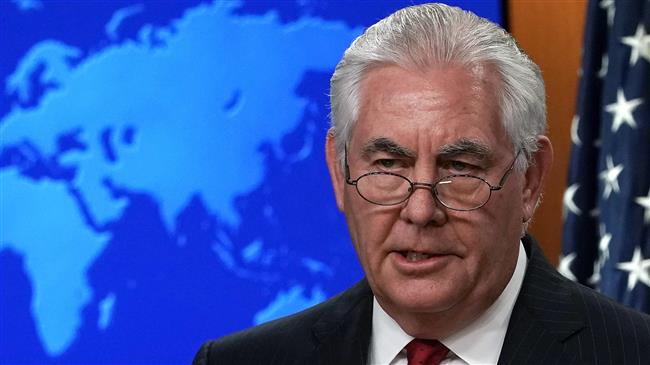


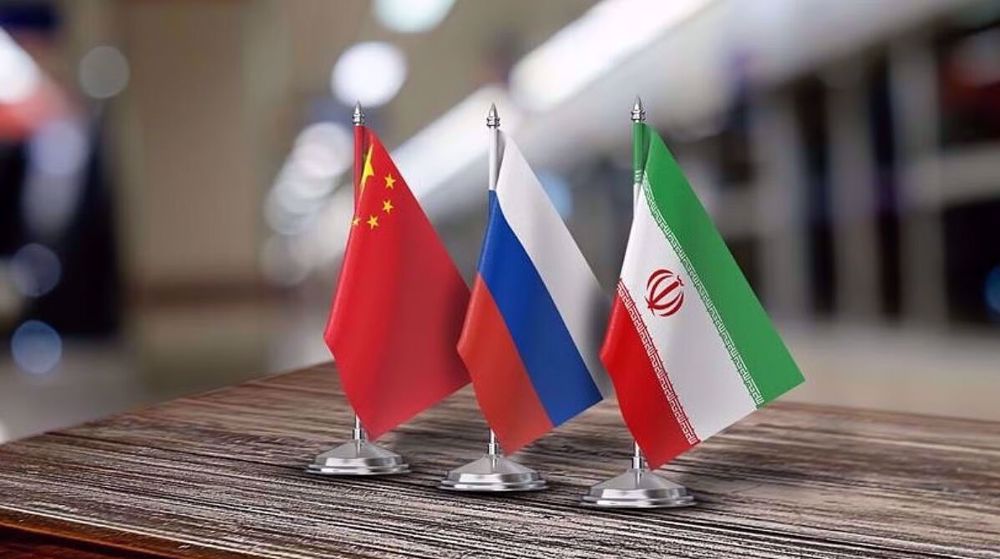
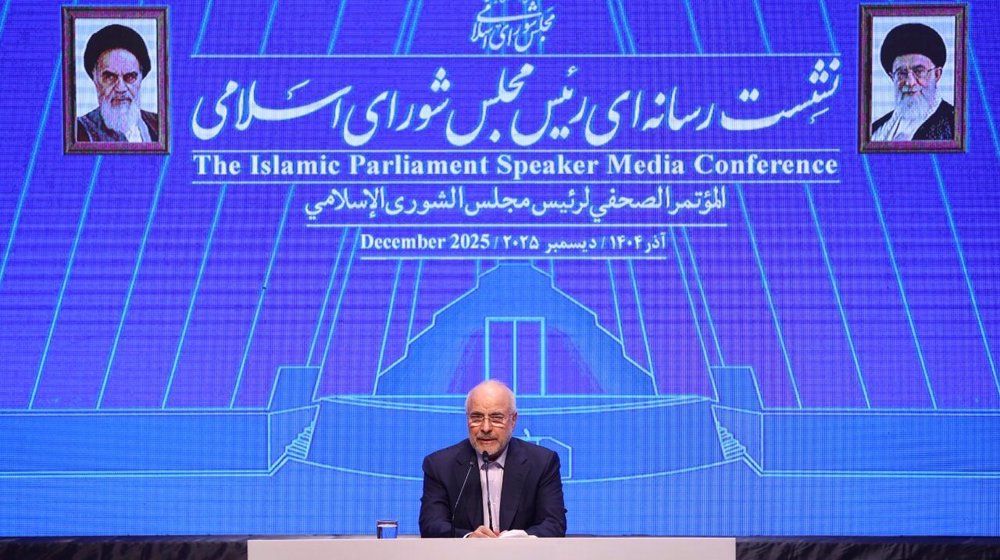
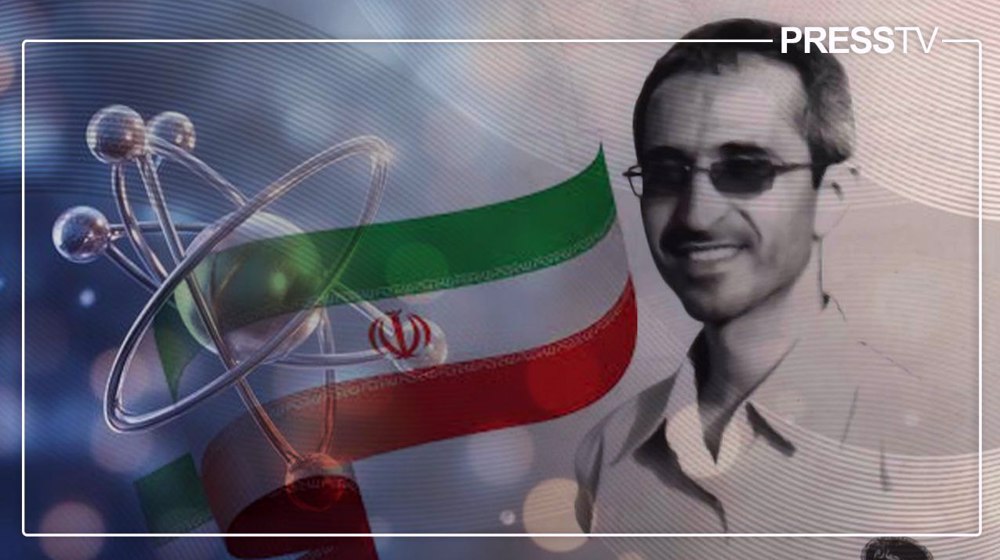



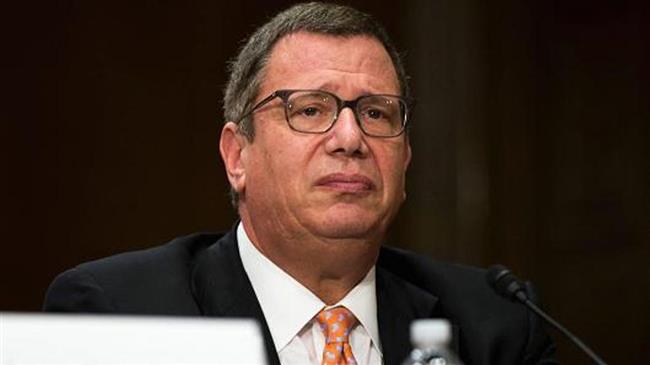
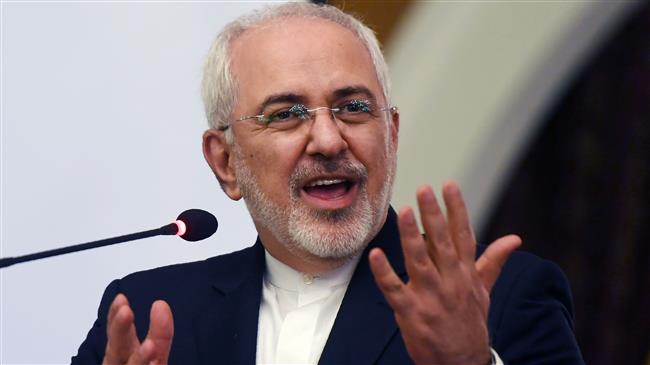
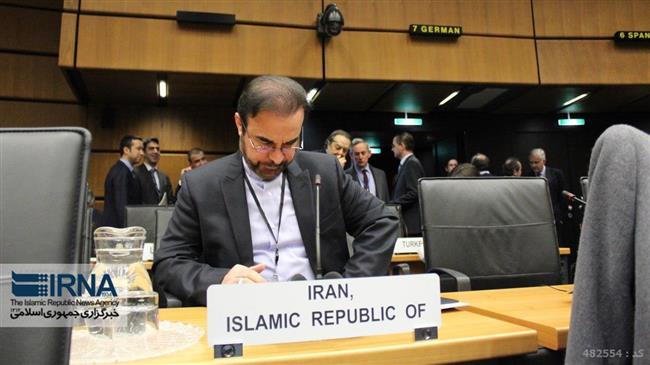
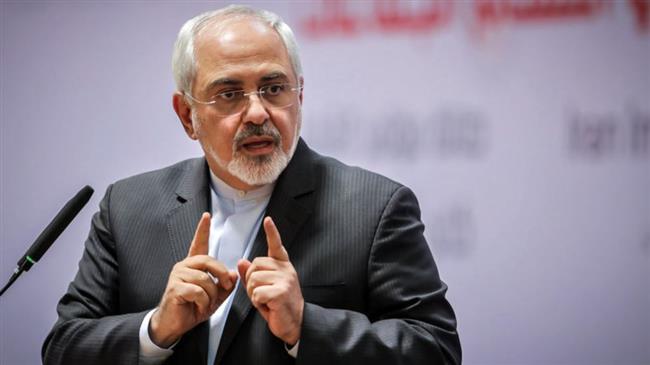


 This makes it easy to access the Press TV website
This makes it easy to access the Press TV website